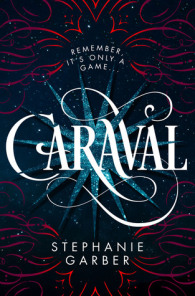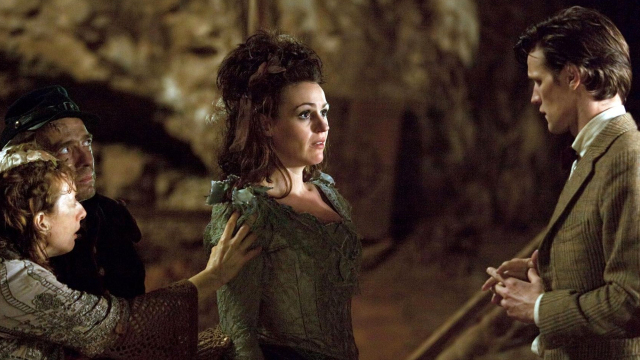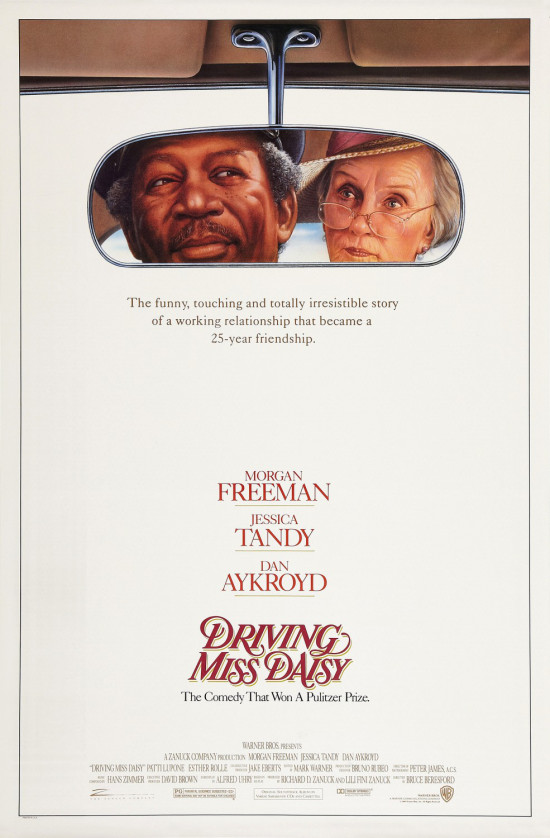Today we are traveling to New York, Paris, Santa Barbara and various other places.
Empty Mansions: The Mysterious Life of Huguette Clark and the Spending of a Great American Fortune was one of those books I had intended to read years ago but somehow never got around to. My biography skills ebb and wane. I find them, generally, fascinating, but they are often filled with such exquisite detail that I have to be in the right frame of mind. So, it took me four years to read this book. Four long years of not knowing five things about Huguette Clark.
 Huguette Clark
Huguette Clark
I read the text of this book in conjunction with listening to the audio. I would recommend this, especially for the introduction, because not only is the listener treated with the actual voices of the author, Bill Dedman, and Huguette’s relative Paul Clark Newell Jr, who helped author the text, but also with Huguette herself. Throughout the book are sections entitled “In Conversation with Huguette” and the audio featured recorded telephone conversations with her in her old age. It was wonderful to hear her voice and get another clue to who she was.
The impetus for this biography took place while Dedman was searching real estate in New Canaan, Connecticut and came across a listing at approximately $25 million. Le Beau Chateau, he learned, had been purchased by the reclusive heiress Huguette Clark in 1951 as an escape from Manhattan should the Cold War get a little hotter. She furnished it lovingly, but never occupied the house for a single day. It had been sitting vacant since its purchase.
Through further research Dedman discovered another, larger, estate in Santa Barbara, Bellosguardo, also owned by Clark which had not been occupied since the early 1950’s. Again, Bellosguardo was meticulously cared for by a team of staff. And then there were not one, but two luxe apartments at 907 Fifth Avenue, one which had been occupied by Huguette’s mother, Anna, and then passed to her, and one that Huguette lived in herself. But, again, both these apartments were empty.
 Bellosguardo
Bellosguardo
Huguette, since the mid 1980s, had been living full time in the hospital, though she was in relatively good health. Becoming more and more reclusive Huguette had outlived two doctors and had left several cancerous blemishes untreated for years before a friend discovered her and took her to Doctor’s Hospital on the Upper East Side. Once she was well, Huguette elected not to return to any of her four resistances and spent the last twenty years of her life at the hospital, first Doctor’s and then Beth Israel when the former closed. She spent much of this time handing out lavish gifts to her friends and their families, most notably her personal nurse, Hadassah Peri.
When Huguette Clark died, at one hundred and four years of age, she left behind both apartments, Le Beau Chateau, Bellosguardo, and three hundred million dollars.
But between the houses and the hospitals, and before her retreat from society and company, Huguette had a rich life that spanned more than a century.
Huguette was born the second daughter of W.A. Clark, a copper baron and self made millionaire to rival the Carnegies and Rockefellers of the age, and his second wife, Anna. W.A. already had children from his first marriage, but they were grown, so it was with her parents and older sister, Andre, that Huguette was raised. Huguette was born in Paris in 1906, the Clarks soon moved to Montana, where W.A.’s business prospects lay, and where he built the largest and most expensive home in Butte, then to New York, where Huguette grew up in the Clark Mansion, a now demolished monolith.
 The Clark Mansion on Fifth Avenue
The Clark Mansion on Fifth Avenue
They vacationed in Europe, when there wasn’t a war on, and despaired the burning of their home outside Paris by the Germans. They traveled to Hawaii in the early days of Waikiki Beach. Huguette was an accomplished, and studied, painter, which was a grand passion in her life. She was married, briefly. She collected dolls, particularly Japanese hina dolls, and designed elaborate dollhouses for them to live in. She inherited and spent a Gilded Age fortune well into modern times and was generous to a fault.
Empty Mansions was a dense but absorbing biography of an eccentric woman. Both antiquated and modern, full love love and fears. Huguette was warm and cheerful right up until her death. It made me wish I had known her, and not just because she might have given me a million dollars.
(Dedman, Bill and Newell Jr, Paul Clark, Empty Mansions: The Mysterious Life of Huguette Clark and the Spending of a Great American Fortune, Ballantine Books, 2013)
Advertisements Share this:




